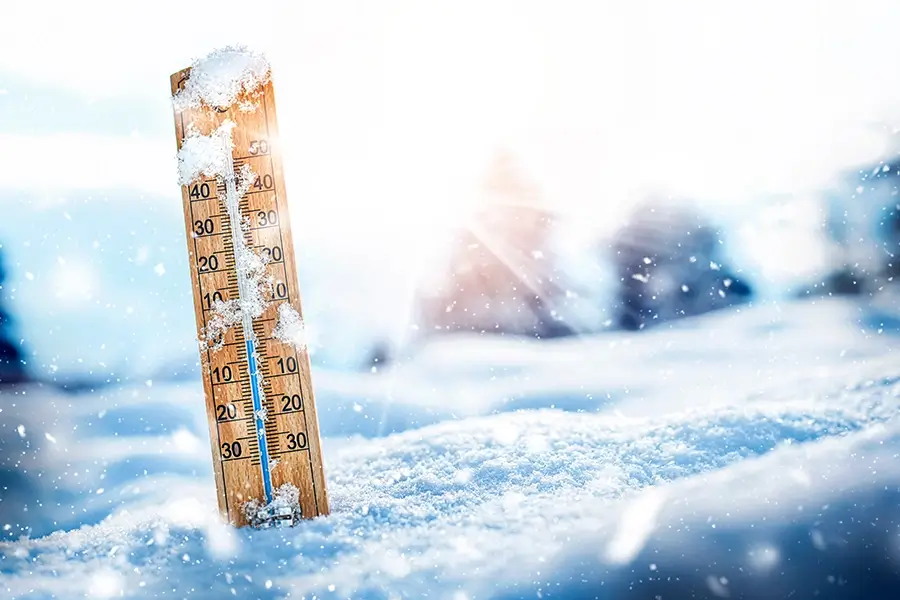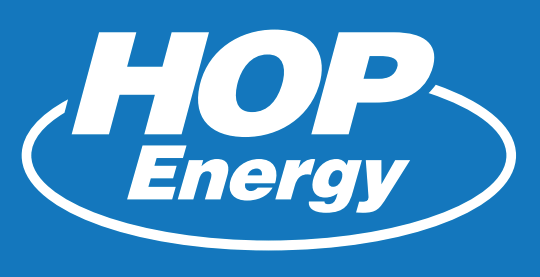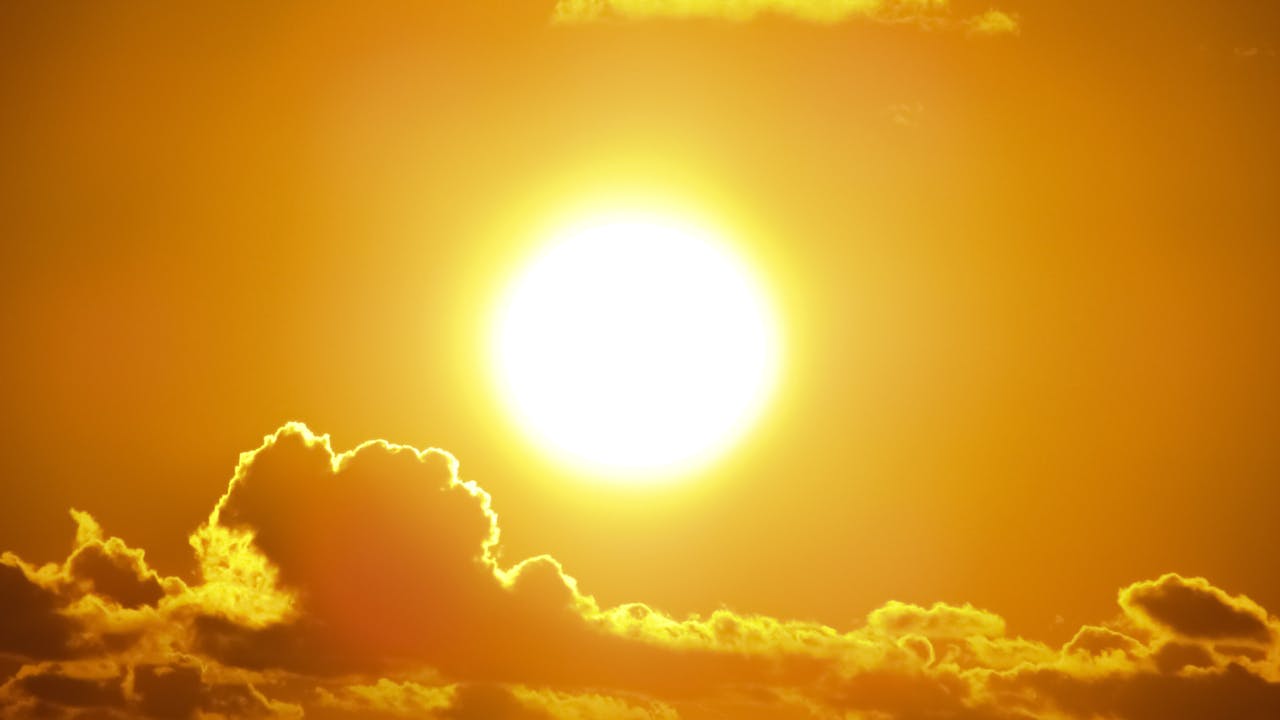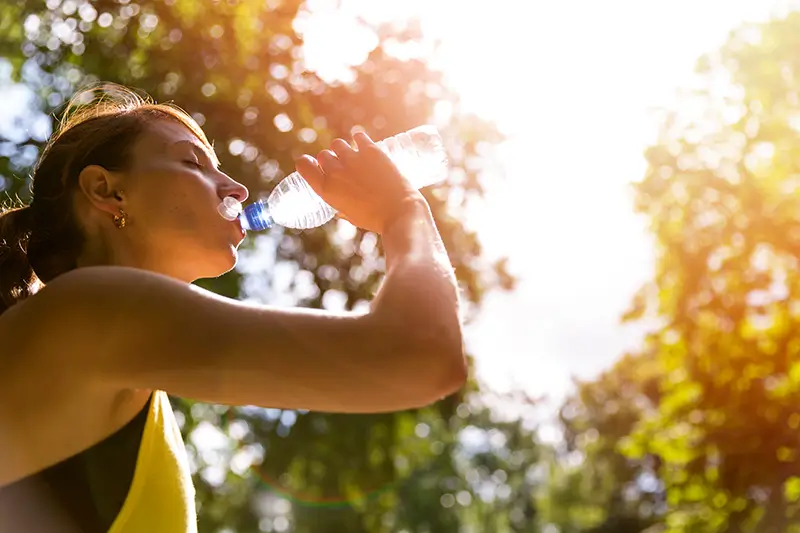As winter 2025–2026 approaches, early indicators from the National Oceanic and Atmospheric Administration (NOAA) and other forecasting agencies suggest that the Northeast, Mid-Atlantic, and New England may be in for a milder yet volatile season. The latest analysis from NOAA’s Climate Prediction Center points to a weak La Niña pattern developing in the Pacific Ocean—an event that often influences temperature and precipitation across North America.
According to NOAA’s October 2025 ENSO Diagnostic Discussion, La Niña conditions are already present and are expected to persist through early winter before transitioning toward neutral conditions by late winter. Historically, weak La Niña winters tend to bring warmer-than-average temperatures to the East Coast but also allow for sharp cold intrusions when the polar jet stream dips south.
While the East is not expected to face the deep and prolonged cold typical of stronger La Niña years, forecasters caution that the pattern could produce short but intense Arctic outbreaks, especially in January and February. These cold snaps, combined with a weaker polar vortex, could fuel fast-forming nor’easters along the Atlantic corridor.

Long-range models compiled by Severe-Weather.eu and NOAA’s Climate Prediction Center show the region leaning warmer than average overall, but with equal chances of above- or below-normal precipitation—a signal of uncertainty that leaves room for both rain-heavy coastal systems and snowier inland events. In the I-95 corridor from Philadelphia to Boston, warmer air may favor rain and sleet over snow during early winter, while interior New York, Vermont, and northern New England could see near- or slightly above-normal snowfall totals later in the season.
The Farmers’ Almanac and Old Farmer’s Almanac, which rely on long-term climatological trends and proprietary formulas, both anticipate a “temperate winter with bursts of chill” across the Northeast and New England. Their 2025–2026 outlooks suggest below-average snowfall for much of the coast but acknowledge that individual storms could still deliver heavy accumulations.
NOAA’s seasonal temperature map underscores the shift toward a warmer-leaning winter. Most of the Northeast falls within the “above-normal temperature” zone, extending from the Mid-Atlantic through southern New England. Precipitation maps show an equal-chance probability, meaning neither a distinctly wet nor dry winter is forecast, leaving storm frequency dependent on short-term jet-stream behavior.
Meteorologists emphasize that even with warmer trends, individual storm events remain unpredictable. A single nor’easter tracking along the coast can deliver several inches—or even feet—of snow, particularly to interior valleys and elevated areas. Meanwhile, the variability typical of a weak La Niña year often results in alternating stretches of mild, rainy weather followed by brief but sharp freezes.
For homeowners, the takeaway is clear: prepare for a mixed winter. While heating demand may decrease slightly compared to recent colder years, storms could still disrupt power or delay fuel deliveries. Energy providers encourage residents to service heating systems early, insulate exposed pipes, and monitor fuel levels ahead of major weather systems.
In short, winter 2025–2026 is likely to feel less extreme but less predictable—a season of shifting contrasts rather than sustained cold. From rain-soaked coasts to snow-covered hills, the Northeast and New England can expect a winter defined by moderation punctuated with moments of intensity.
Sources
- National Oceanic and Atmospheric Administration (NOAA), Climate Prediction Center – ENSO Diagnostic Discussion, October 2025
- Severe-Weather.eu – Early Winter 2025–2026 Forecast
- Farmers’ Almanac – Winter 2025–2026 Extended Forecast
- Old Farmer’s Almanac – S. Winter Forecast 2025–2026
- Unofficial Networks – NOAA Seasonal Forecast Highlights







